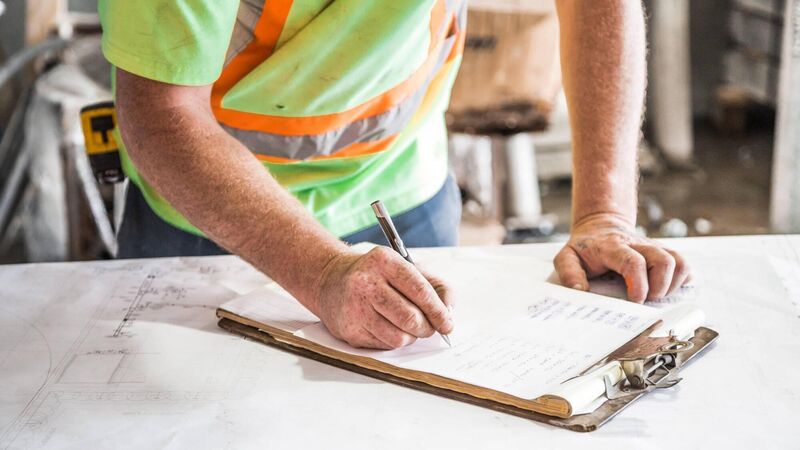Government launches scheme worth almost half a billion euro to kickstart apartment construction

A recent study from Trinity College Dublin found that Ireland was the second most expensive place to build apartments in Europe at €2,363 per square metre.
The Government has gone to tender for a scheme worth almost half a billion euro in funding to developers to build new apartment blocks in Irish cities.
The Croí Cónaithe scheme is making €450m available with the aim of delivering 5,000 new apartments in Dublin, Cork, Limerick, Galway, and Waterford.










